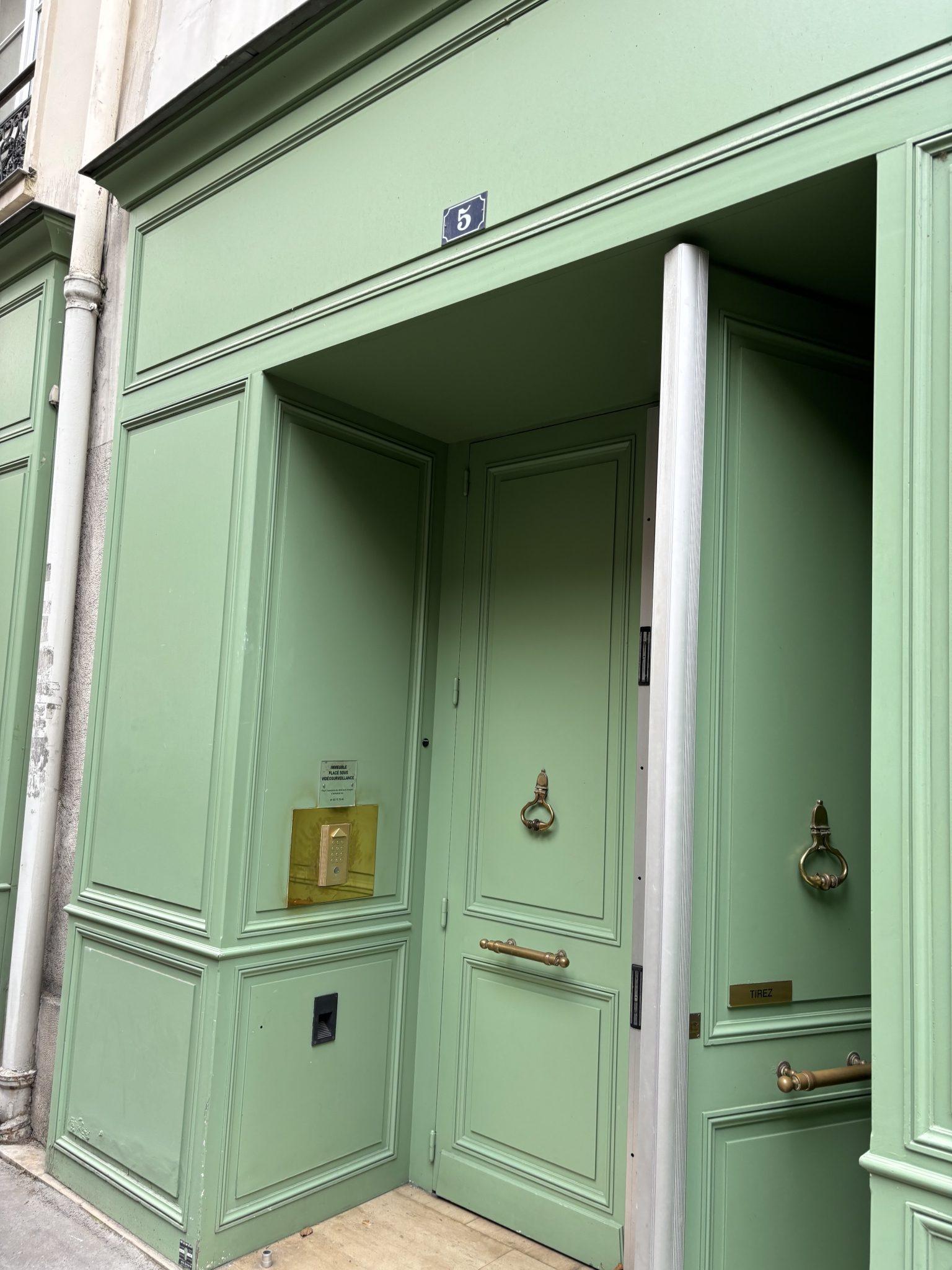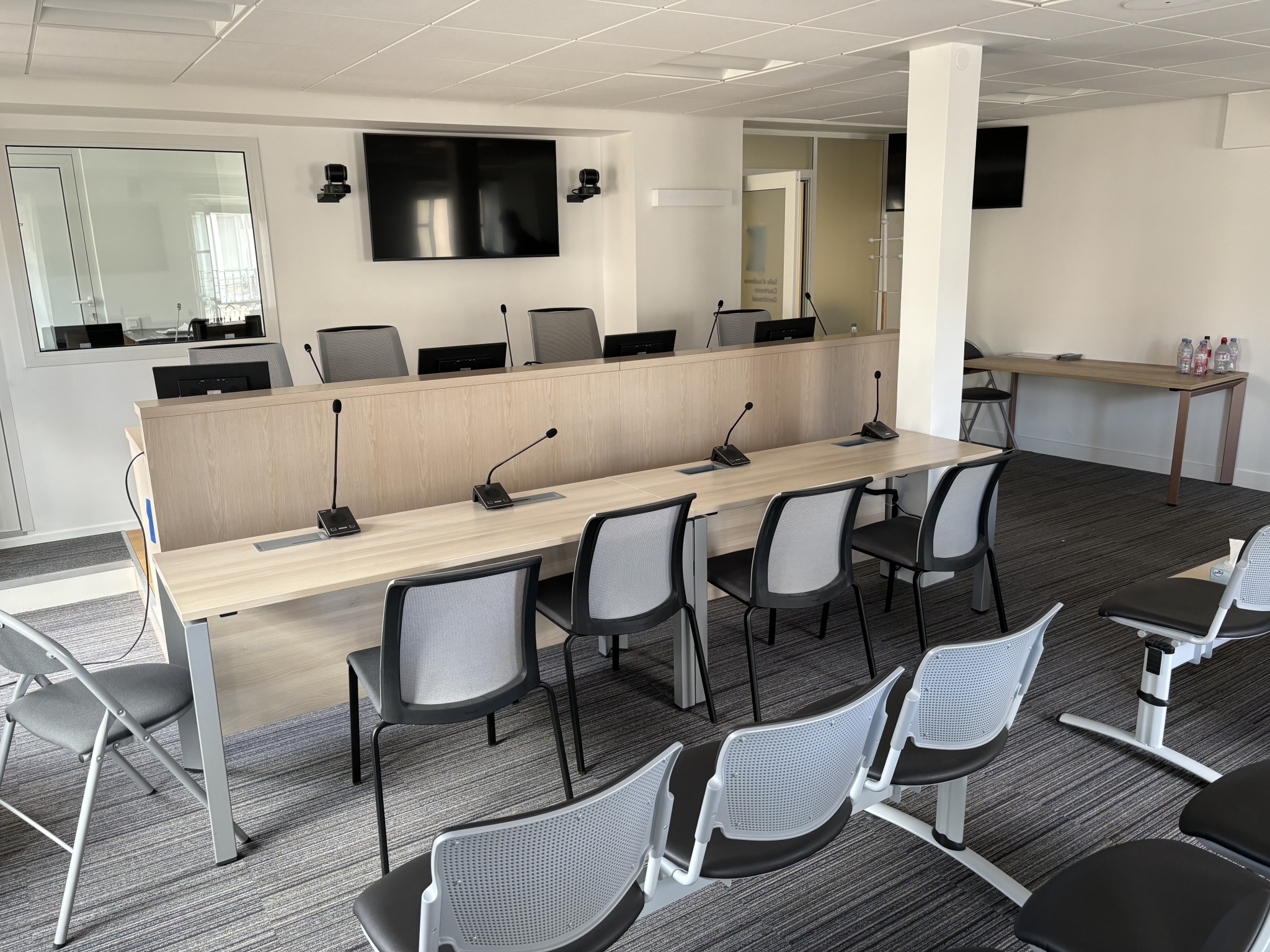A visit to the UPC: Paris Central Division Courtroom insights and observations
September is typically the time of the year when oral proceedings at the European Patent Office (EPO) start to ramp back up again, and it would seem that things are no different at the Unified Patent Court (UPC).
In the first few weeks of September 2024 we attended two hearings at the UPC Central Division Paris Seat. The hearings related to revocation actions on patents which had already been revoked before the EPO Opposition Division following oppositions. As a result, the outcome of the UPC actions will further develop the understanding as to how the UPC and the EPO judge similar issues (at least at first instance).
The decisions from the UPC are expected in October, but in the meantime this article will share some practical observations that will be useful when attending hearings at the UPC Central Division Paris Seat.
Location and access
The address of the UPC Paris Central Division is 5 Rue Saint-Germain l-Auxerrois, 75001, Paris, France. Being located in the first arrondissement of Paris, the building is very central and occupies a prime location on the River Seine. However, actual access to the court is tucked away, with little indication that it is one of the highest courts in the European Union dealing with patent litigation. There is not even a face plate identifying that this is the UPC (see photograph below).

Inside, the court itself is somewhat snug, but does have the provision for broadcast to a separate larger viewing room. Parties should be prepared to literally rub elbows with each other, and electronic case files are a must owing to the limited space.

The court does have the possibility to use space in the Cour de Cassation (just over the Seine) and so for particular cases parties may want to consider exploring this with the court clerks early in the procedure.
Hearing
The presiding judge ordered that the issues to be discussed be partioned between added matter (where raised), novelty, invenitve step and the auxiliary requests, with the claimant and defendant each being provided with 30 minutes to present on each issue, with a 10 minute allocation each for reply. The parties managed to keep to this for the most part.
The panel did not give a preliminary opinion or view on the issues at the outset, although as pleadings developed the technical judge did ask the parties to explore specific issues in their replies.
Overall impression
The setting is undoubtedly intimate, and has some similarities to oral proceedings before the EPO Boards of Appeal. However, in these particular cases, the partitioning of time did seem to lead to somewhat broad-brush pleadings, and gave little time to develop more complex arguments (which was an element of the EPO opposition proceedings).
The decision of the UPC Central Division Paris Seat is awaited with interest.



